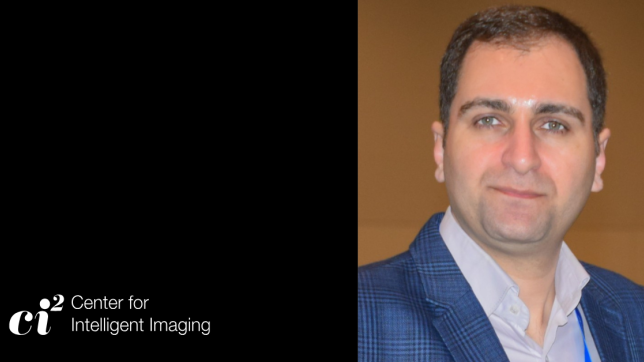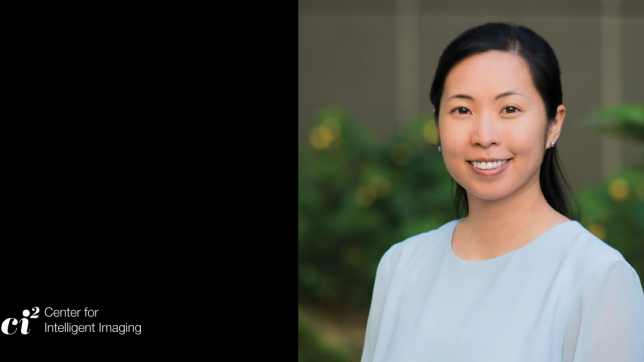A multi-disciplinary team of researchers from the University of California, San Francisco, including the Department of Radiology and Biomedical Imaging and Center for Intelligent Imaging (ci2), elaborated on the use of artificial intelligence (AI), machine learning (ML) and deep learning (DL) for musculoskeletal applications.
The researchers, including Sharmila Majumdar, PhD and Rupsa Bhattacharjee, PhD of the University of California San Francisco and ci2 members, present their discussion in "Artificial intelligence in musculoskeletal applications: a primer for radiologists," published in Diagnostic and Interventional Radiology.
The authors gathered the umbrella terms associated with AI - ML and DL - and aimed to better explain these systems to act as a primer for radiologists. Due to the vast reach of musculoskeletal conditions, radiologists must understand these AI terms and models to provide the best care to those in need.
"Thus far, AI research in radiology has primarily focused on interpretive tasks," the authors write. "However, AI also offers promising solutions for non-interpretive tasks, which aim to ensure high-quality care and time-efficient outputs for the rising demands on imaging."
Visit the UCSF ci2 blog to read more about research and news.



